Ready to launch your own podcast? Book a strategy call.
Frontlines.io | Where B2B Founders Talk GTM.
Strategic Communications Advisory For Visionary Founders
Conversation
Highlights
From Paranoid Developer to Platform Builder: How Technical Intuition Shaped Steadybit’s Go-to-Market Journey
Most startup origin stories begin with a founder’s grand vision. But in a recent episode of Category Visionaries, Benjamin Wilms, founder and CEO of Steadybit, shared how healthy paranoia and technical intuition led to building a chaos engineering platform that now serves enterprise giants like Salesforce.
The journey began not with market research or pitch decks, but with Benjamin’s inherent skepticism as a developer. “I’m a paranoid guy. I don’t trust normally everything at the first look,” he explains, describing his reaction when joining a project near its first release. This engineering-first mindset would later prove crucial in shaping Steadybit’s go-to-market approach.
What’s particularly instructive about Benjamin’s story is how he leveraged his company’s innovation culture to validate his technical intuition. Using his employer’s “plus one model” – similar to Google’s 20% time – he began exploring chaos engineering principles during his allocated innovation time. This experimental phase allowed him to test his assumptions about system reliability without the pressure of immediate commercialization.
The transition from concept to company came through an unexpected channel. Rather than pursuing venture capital or accelerators, Benjamin’s work caught the attention of his then-boss, the founder of Instana (later acquired by IBM). “Benjamin, I was able to see what you have achieved in the last twelve months. You should do more. Here’s some money. I will support you with my network. You should create your own company,” Benjamin recalls being told.
This organic validation from a successful founder provided more than capital – it offered proof that his technical solution addressed a real market need. The initial funding came with a six-month runway, forcing Benjamin to take a product-first approach rather than spending time on elaborate go-to-market plans.
The strategy paid off when their first customer came from the United States, demonstrating international market potential before they’d even formalized their GTM strategy. This early traction caught the attention of investors, leading to an unexpected call: “On a Tuesday my phone ringed and there was a number from New York and I don’t have any friends in New York… it was like Elliot from Ballstudd.”
What’s particularly noteworthy about Steadybit’s early GTM decisions is their disciplined approach to customer selection. Benjamin shares a pivotal moment when they had to decide whether to pursue a large enterprise customer: “There was a big company knocking on our door… But it was like, okay, now I’m dealing an enterprise procurement process and we are just six people at this point in time.”
This decision reflects a sophisticated understanding that “revenue is not like your biggest value you can get from customers. There’s even more feedback, like working with them very closely on your product to validate new features you have in mind.” This insight – prioritizing product-market fit over immediate revenue – has shaped their approach to customer relationships.
Looking ahead, Steadybit’s GTM strategy focuses on democratizing chaos engineering. “We don’t would like to be an expert only tool. We would like to be a tool where people without any knowledge about chaos engineering or complex systems are able to start easily save and to get value out of it as fast as possible,” Benjamin explains. This vision of making complex technical solutions accessible to a broader market suggests a path to scaling beyond their current enterprise success.
The key lesson for technical founders isn’t about chaos engineering specifically, but rather about letting technical expertise drive go-to-market strategy. Benjamin’s journey demonstrates how deep domain knowledge, combined with careful customer selection and a focus on product validation, can create a more sustainable path to market than traditional top-down GTM approaches.
Actionable
Takeaways
Pursue Passion Projects Within Professional Frameworks:
Benjamin’s journey underscores the value of leveraging workplace policies that encourage innovation, such as the "plus one model" akin to Google's 20% time. Founders should consider implementing or advocating for similar policies within their organizations or their daily routines to foster an environment of continuous learning and innovation.
Embrace and Share Your Expertise:
Specializing in a niche area not only positions you as an expert but also opens opportunities for meaningful contributions to your community. Whether through public speaking, blogging, or open source projects, sharing your knowledge can lead to unexpected opportunities, including founding a company.
Validate Your Product Through Real-world Problems:
Steadybit was born from identifying a real problem (the lack of testing for "unhappy paths" in software development) and addressing it innovatively. For founders, actively seeking out and solving such real-world problems can serve as a solid foundation for a valuable product and company.
Leverage Initial Success for Funding and Growth:
Early achievements and validation of your product, even if modest, can be instrumental in securing funding. Benjamin's story illustrates how initial success and investor interest can propel your startup from an idea to a funded venture. Be prepared to share these successes and leverage them in discussions with potential investors.
Focus Is Key, But Be Adaptable:
The advice to focus but also learn from failures is particularly relevant for tech founders navigating the fast-paced and often unpredictable startup landscape. Dedication to a chosen path, combined with the flexibility to pivot based on feedback and lessons learned, can guide a startup through challenging early stages toward sustainable growth.
Recommended Founder
Interviews


Mike Malone
CEO and Founder of Smallstep
Mike Malone, CEO and Founder of Smallstep: $26 Million Raised to Build the Future of Certificate Lifecycle Management For DevOps


Gil Feig
CTO of Merge
Gil Feig, CTO of Merge: $75 Million Raised to Help B2B Companies Build Customer-Facing Integrations via It’s Unified API Platform


Sophie Novati
CEO and Founder of Formation
Sophie Novati, CEO and Founder of Formation: $9 Million Raised to Build a Virtual Fellowship Program for Software Engineers

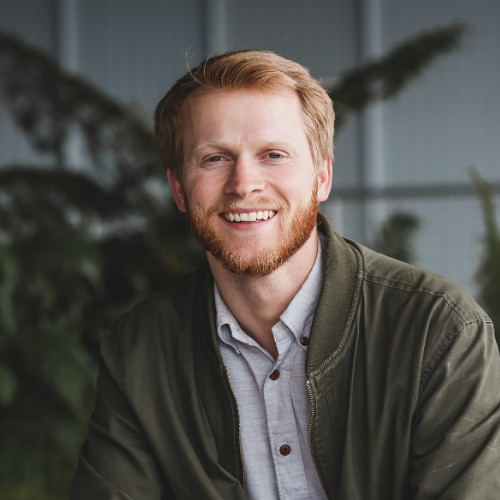
Kevin McNamara
CEO & Founder of Parallel Domain
Kevin McNamara, CEO & Founder of Parallel Domain: $44 Million Raised to Power the Future of Autonomy

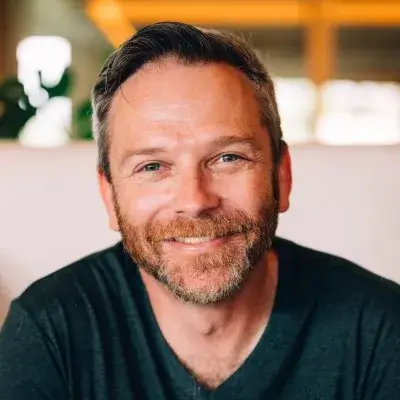
Matt Butcher
CEO of Fermyon
Matt Butcher, CEO of Fermyon: $26 Million Raised to Power the Future of WebAssembly

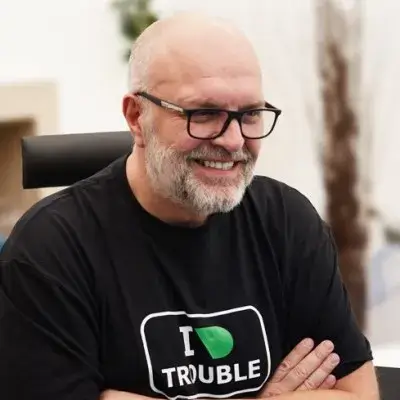
Costa Tsaousis
CEO and Founder of Netdata
Costa Tsaousis, CEO and Founder of Netdata: Over $30 Million Raised to Power the Future of Infrastructure Monitoring

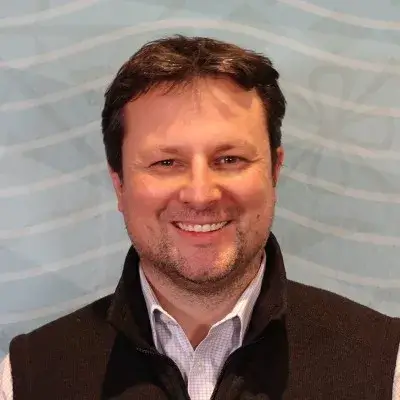
Tim Kraska
Co-Founder of Einblick
Tim Kraska, Co-Founder of Einblick: $6M Raised to Build the Visual Data Computing Category

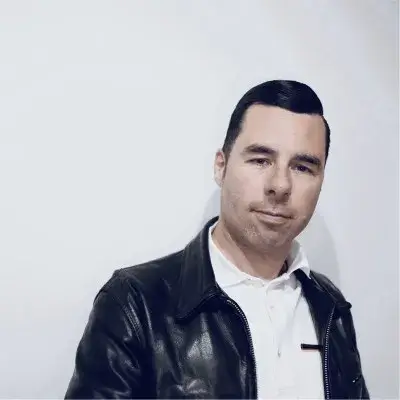
Paolo Fragomeni
CEO of Socket Supply
Paolo Fragomeni, CEO of Socket Supply: $3.5 Million Raised to Build the Future of P2P Computing


Lukas Gentele
Co-Founder & CEO of Loft Labs
Lukas Gentele, CEO of Loft Labs: $5 Million Raised to Build the Virtual Kubernetes Category

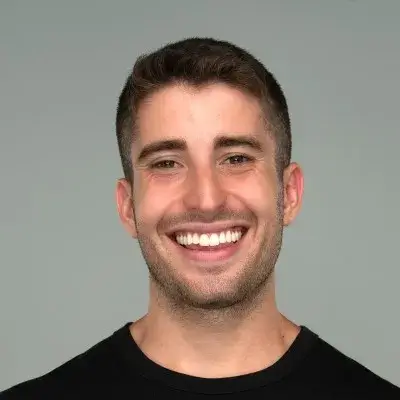
Tomas Reimers
Co-Founder of Graphite
Tomas Reimers, Co-Founder of Graphite: $22.5 Million Raised to Build the Future of Code Reviews

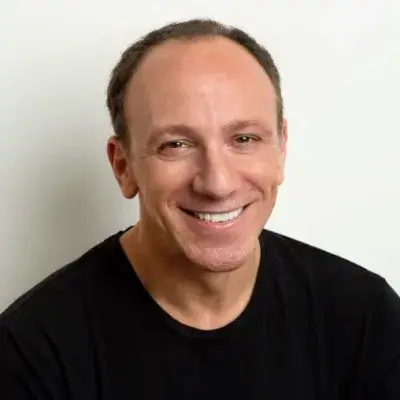
Gary Hoberman
CEO & Founder of Unqork
Gary Hoberman, CEO & Founder of Unqork: Over $400 Million Raised to Pioneer the Codeless as a Service (CaaS) Category


Eden Full Goh
Founder & CEO of Mobot
Eden Full Goh, Founder & CEO of Mobot: Over $17 Million Raised to Power the Future of Mobile App Testing


Ori Keren
CEO and Co-Founder of LinearB
Ori Keren, CEO and Co-Founder of LinearB: Over $70 Million Raised to Build the Future of Software Delivery Management
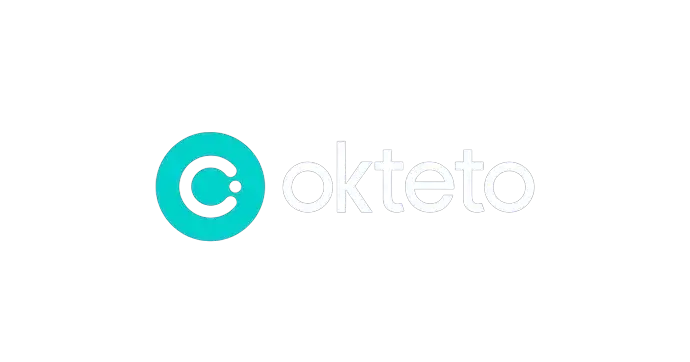

Ramiro Berrelleza
Founder and CEO of Okteto
Ramiro Berrelleza, CEO of Okteto: $18 Million Raised to Build the Future of Cloud Development

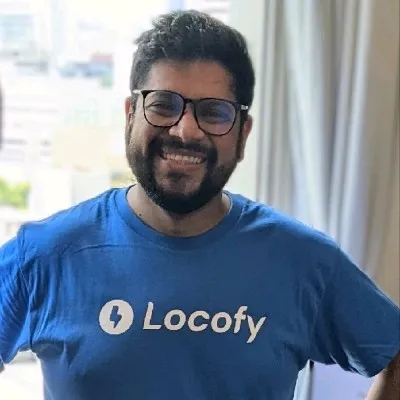
Honey Mittal
Co-Founder, CPO & CEO of Locofy.ai
Honey Mittal, CEO of Locofy.ai: $3 Million Raised to Build the Future of Frontend Development


Tommy Dang
Co-Founder & CEO of Mage
Tommy Dang, CEO of Mage: $6.3 Million Raised to Build a Modern Replacement For Airflow

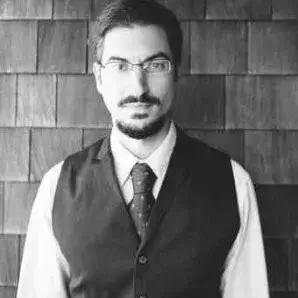
Casey Rosenthal
CEO of Verica
Casey Rosenthal, CEO of Verica: $17 Million Raised to Build the Future of Chaos Engineering

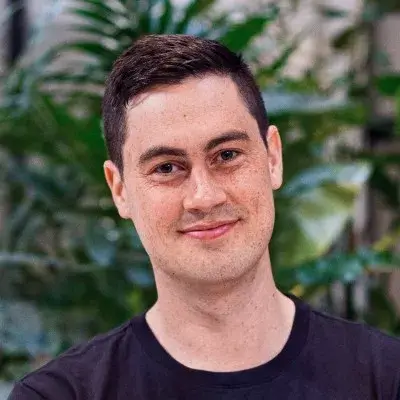
David Siegel
David Siegel of Glide
David Siegel, CEO of Glide: Over $20 Million Raised to Power the Future of No-Code Application Development

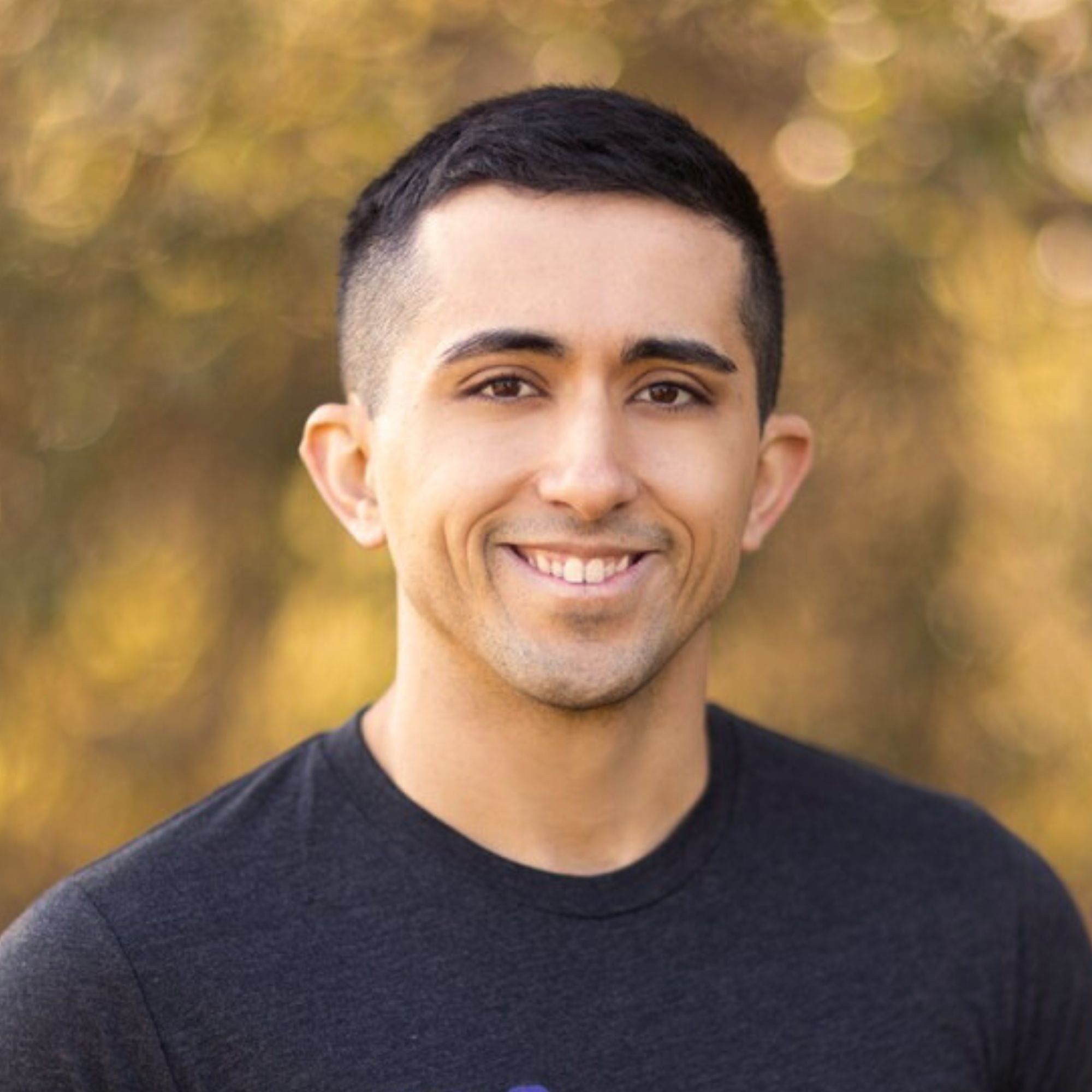
Ron Efroni
CEO and Co-Founder of Flox
Ron Efroni, CEO & Co-Founder of Flox: $28 Million Raised to Empower Developers with Reproducible Environments That Span the Enterprise SDLC

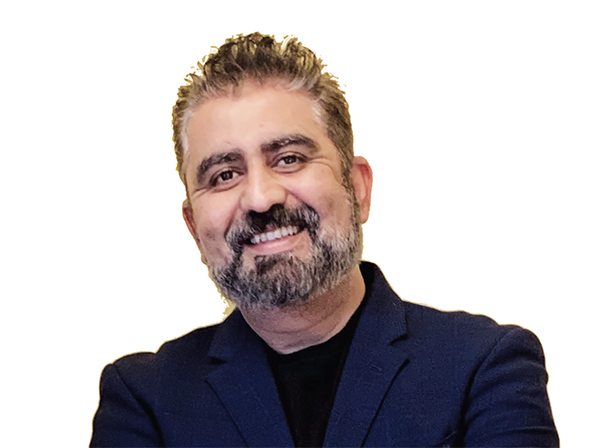
Chetan Venkatesh
CEO of Macrometa
Chetan Venkatesh, CEO of Macrometa: $38 Million raised to Build the Hyper Distributed Cloud for the Next Generation of Applications

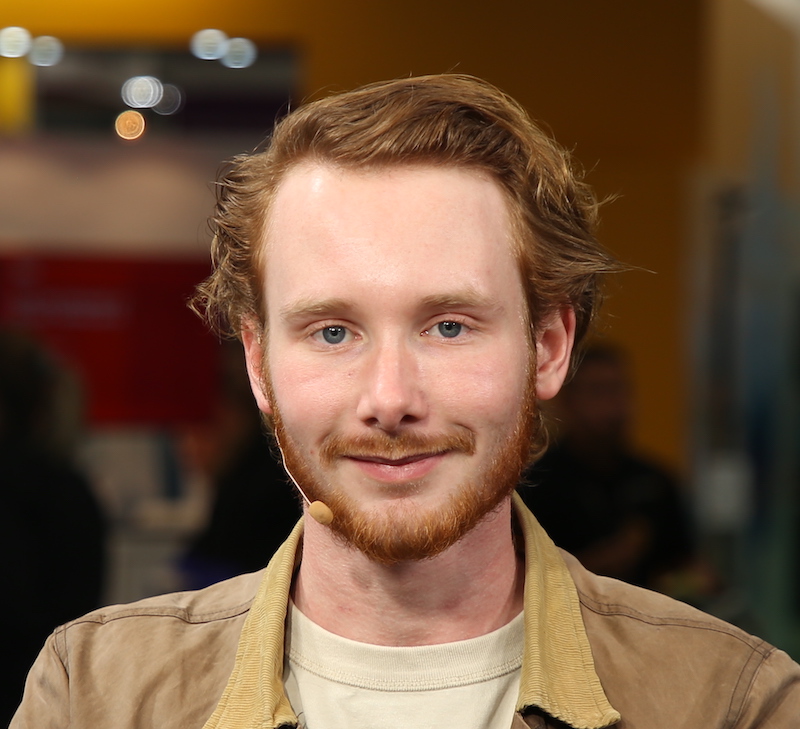
Johnny Dallas
CEO and Co-Founder of Zeet.co
Johnny Dallas, CEO & Co-Founder of Zeet.co: $6M Raised to Power the Future of CI/CD & Deployment

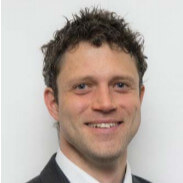
Egil Østhus
CEO and Co-founder of Unleash
Egil Østhus, CEO of Unleash: $16.5 Million Raised to Build the Future of Feature Management
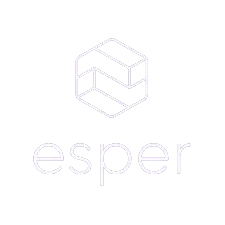
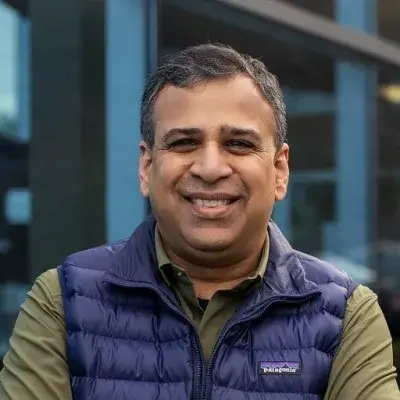
Yadhu Gopalan
CEO and Founder of Esper
Yadhu Gopalan, CEO and Founder of Esper: $100 Million Raised to Build the Future of Android Device Management


Paul Kim
CEO of Notifi
Paul Kim, CEO of Notifi: $12 Million raised to Build the Future of Web3 Communication Infrastructure

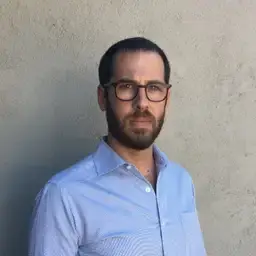
Michael Corr
Founder and CEO of Duro Labs
Michael Corr, CEO of Duro Labs: $4 Million Raised to Power the Future of Hardware Engineering


Ben Kliger
CEO and Co-Founder of Zenity
Ben Kliger, CEO and Co-Founder of Zenity: $21.5 Million Raised to Build the Future of Security and Governance for AI, Low-Code, and No-Code Development

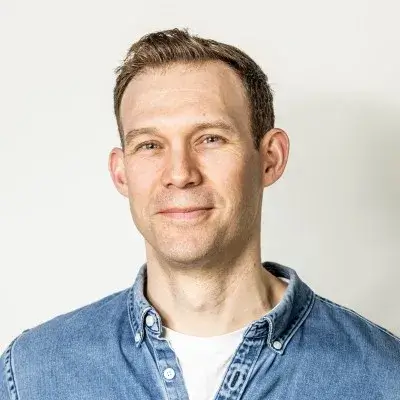
Mike Long
CEO and Founder of Kosli
Mike Long, CEO and Founder of Kosli: $3.5 Million Raised to Deliver Secure Software Changes at Scale and Deploy to Production with Speed

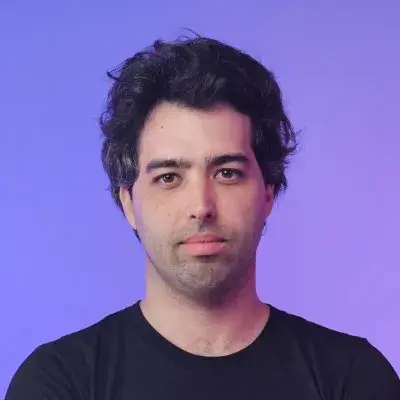
Tom Hacohen
CEO and Founder of Svix
Tom Hacohen, CEO and Founder of Svix: $10.5 Million Raised to Power the Future of Webhooks

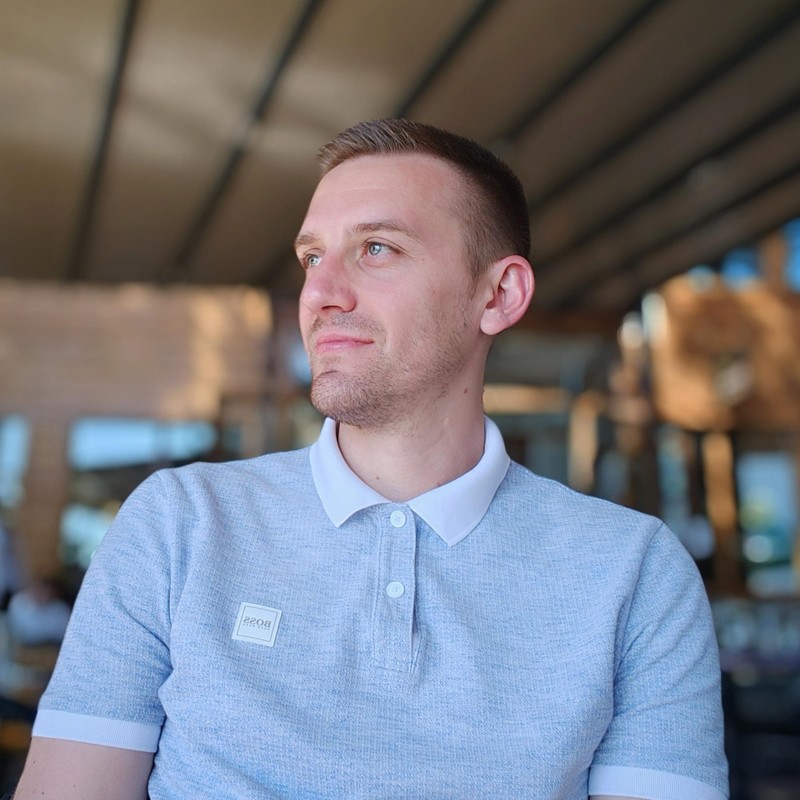
Stoyan Zulyamsky
Co-Founder of Costimize
Stoyan Zulyamsky, Co-Founder of Costimize: $5 Million Raised to Revolutionize Cloud Finance Management

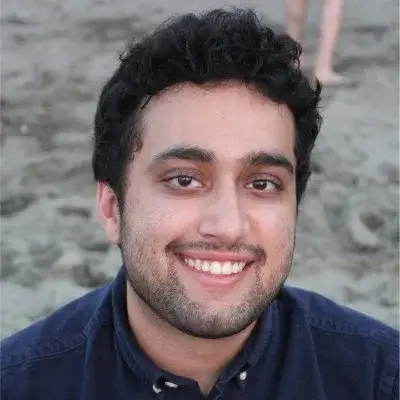
Anish Dhar
Co-Founders of Cortex
Anish Dhar and Ganesh Datta, Co-Founders of Cortex: Over $52 Million Raised to Improve Developer Productivity

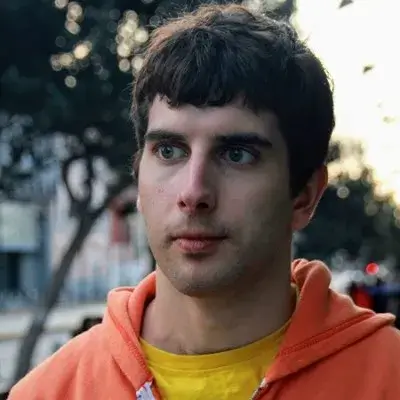
Derric Gilling
Co-founder & CEO of Moesif
Derric Gilling, CEO of Moesif: $15 Million Raised to Build the Future of API Analytics
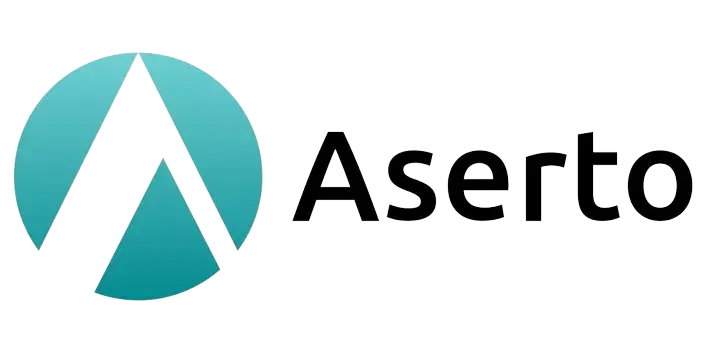
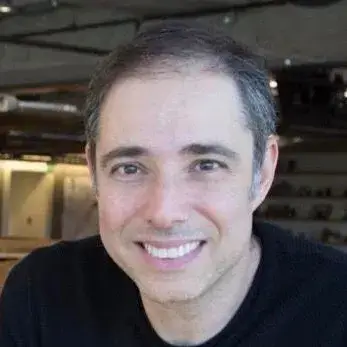
Omri Gazitt
CEO & Co-Founder of Aserto
Omri Gazitt, CEO & Co-Founder at Aserto: $5 Million Raised to Build the Future of Authorization


John Li
CEO and Co-Founder of Vimcal
John Li, CEO & Co-Founder of Vimcal: $7 Million Raised to Build the Future of Calendar Productivity

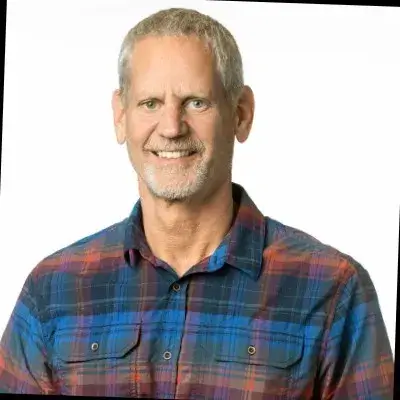
Evan Kaplan
CEO of InfluxData
Evan Kaplan, CEO of InfluxData: Over $170 Million Raised to Build the Leading Time Series Provider

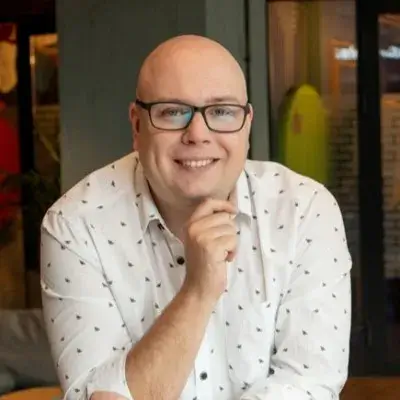
Marcin Wyszynski
Co-Founder and CPO of Spacelift
Marcin Wyszynski, Co-Founder and CPO of Spacelift: Over $22 Million Raised to Build the Future of IaC Management
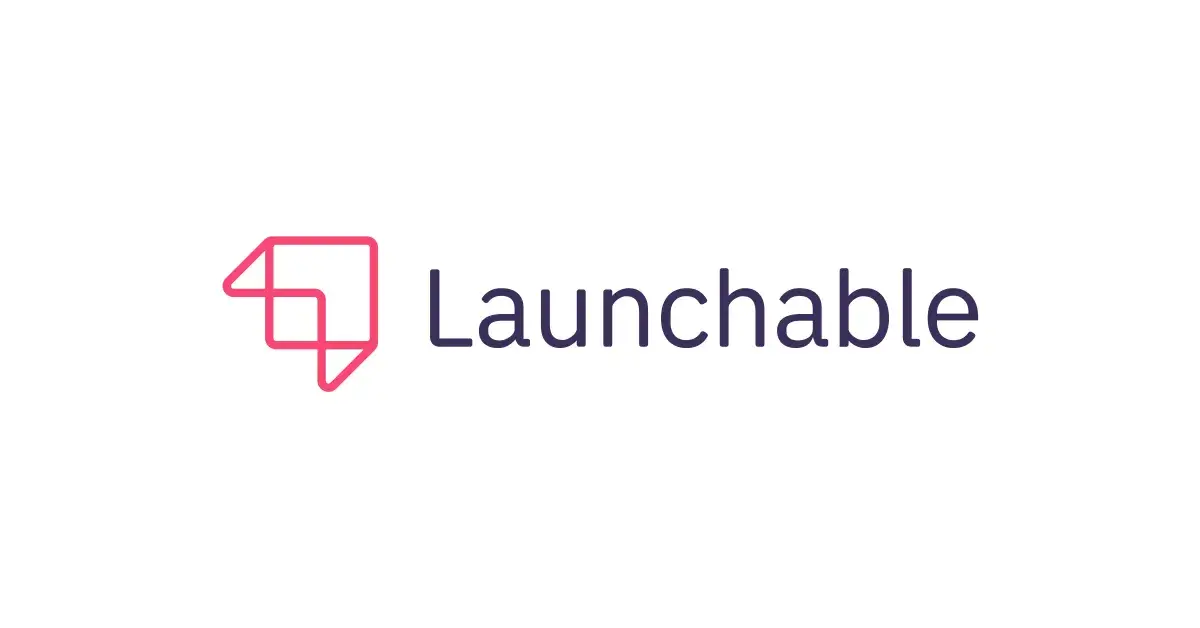
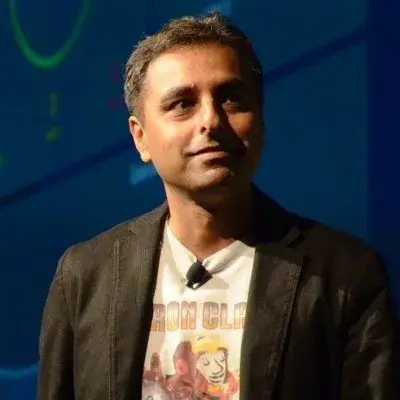
Harpreet Singh
Co-Founder and CEO of Launchable
Harpreet Singh, Co-Founder and CEO of Launchable: Over $12 Million Raised to Build the Future of Software Testing


Martin Mao
CEO of Chronosphere
Martin Mao, CEO of Chronosphere: $250 Million Raised to Build the Future of Observability

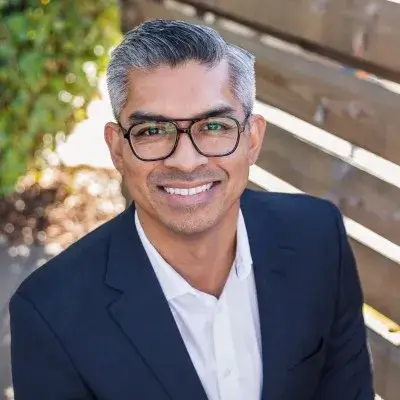
Prakash Chandran
Co-Founder and CEO of Xano
Prakash Chandran, Co-Founder and CEO of Xano: $5.4 Million Raised to Build the Next Generation of No-Code Backend Development


Dylan Etkin
CEO and Co-Founder of Sleuth
Dylan Etkin, CEO and Co-Founder of Sleuth: $25 Million Raised to Make Engineering Teams More Efficient

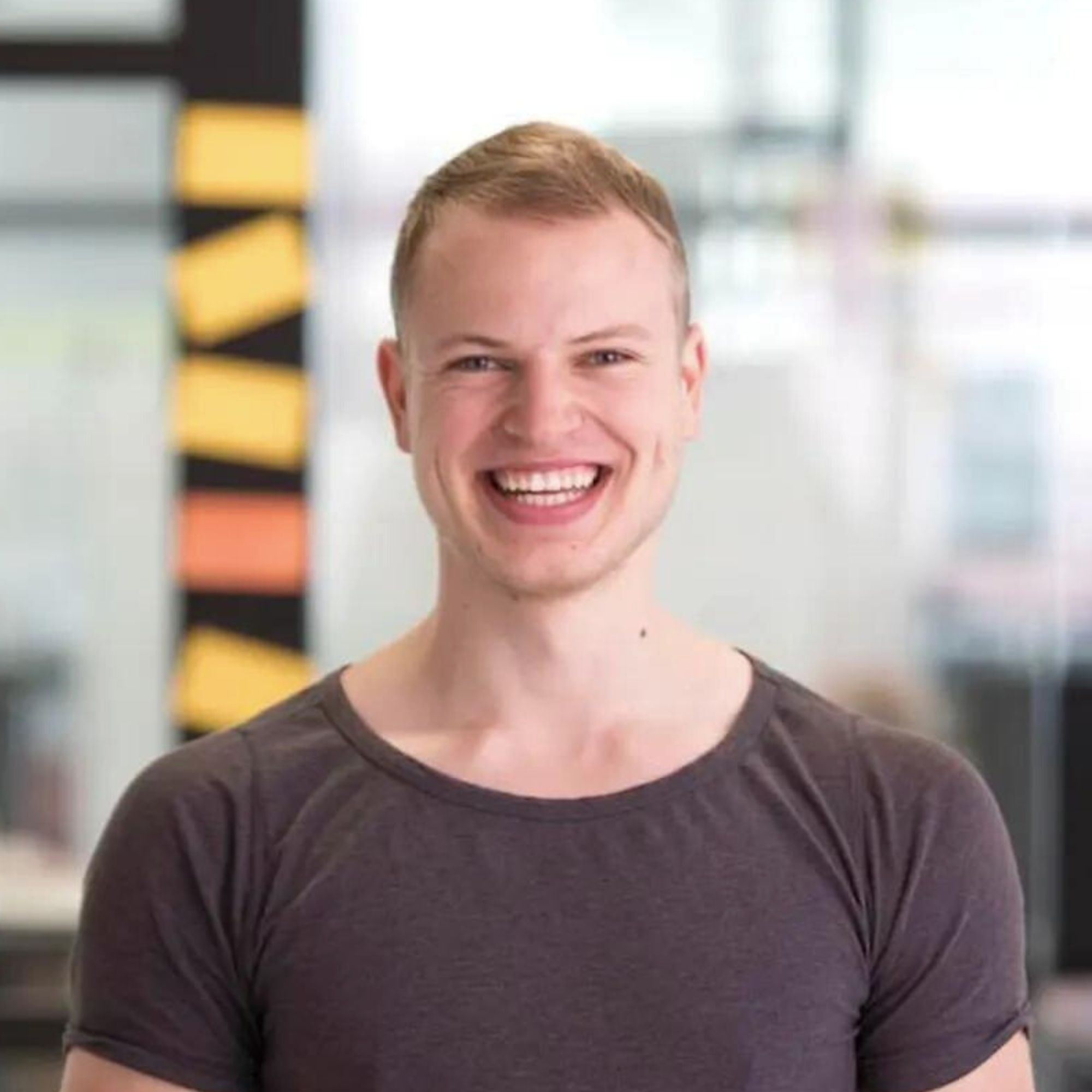
Pascal Weinberger
CEO of Bardeen
Pascal Weinberger, CEO of Bardeen: $18 Million Raised to Build the Future of No-Code Automation

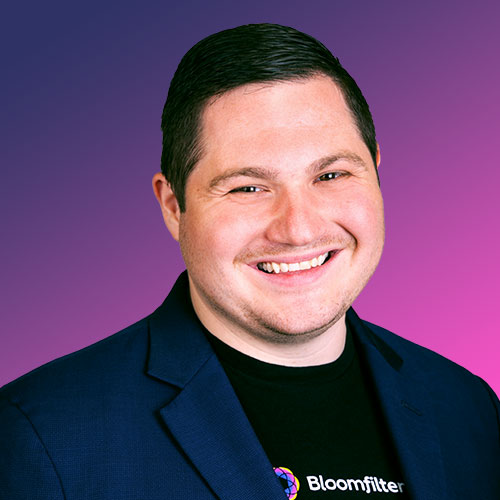
Andrew Wolfe
Co-Founder and Co-CEO of Bloomfilter
Andrew Wolfe, Co-Founder and Co-CEO of Bloomfilter: $7 Million Raised to Power the Future of Process Mining


Robert Whiteley
CEO of Coder
Robert Whiteley, CEO of Coder: $85 Million Raised to Power the Future of Developer Productivity

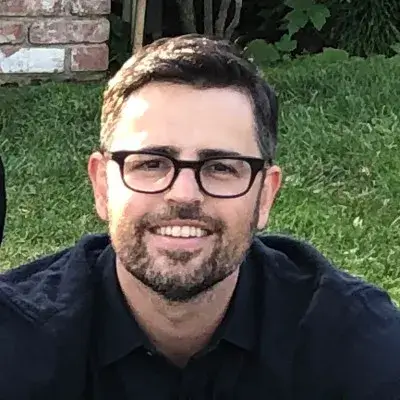
Zach Lloyd
CEO and Founder of Warp
Zach Lloyd, CEO and Founder of Warp: $70 Million Raised to Build a Better Terminal

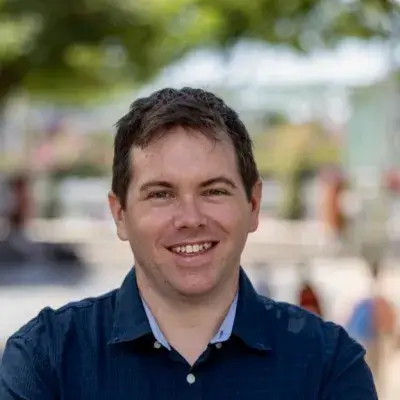
Paul Stovell
CEO and Founder of Octopus Deploy
Paul Stovell, CEO and Founder of Octopus Deploy: Over $170 Million Raised to Build the Future of Deployment Automation

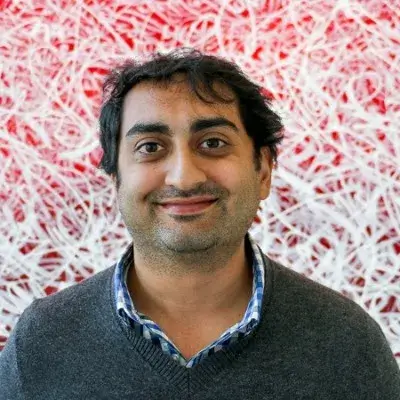
Hersh Tapadia
Co-Founder & CEO of Allstacks
Hersh Tapadia, CEO of Allstacks: $16 Million Raised to Build the Value Stream Intelligence Category

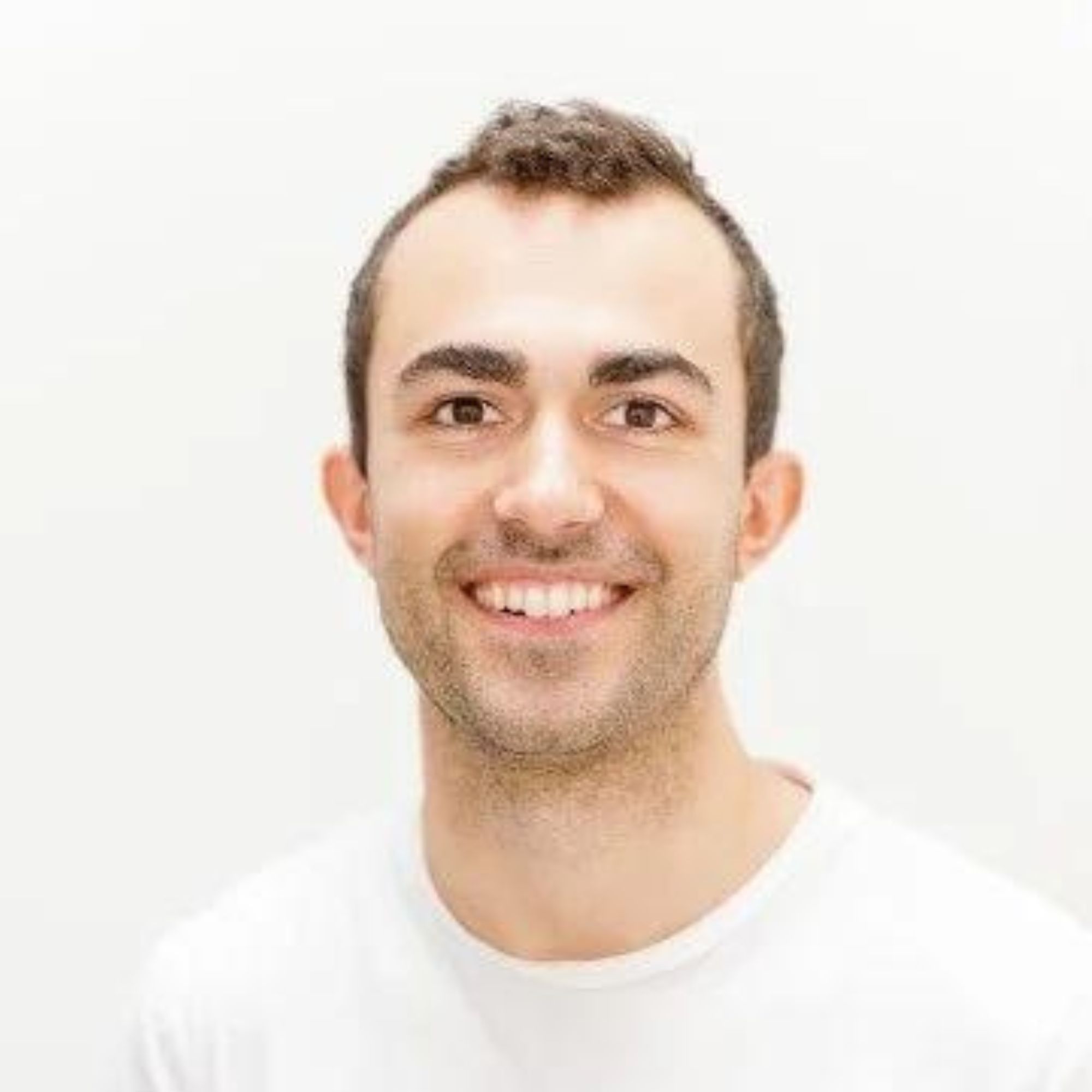
James Evans
Co-Founder and CEO of CommandBar
James Evans, Co-Founder and CEO of CommandBar: $24 Million Raised to Build the Leading AI-Powered User Assistance Platform


James Hawkins
CEO of PostHog
James Hawkins, CEO of PostHog: $21 Million Raised to Build the Future of Product Analytics
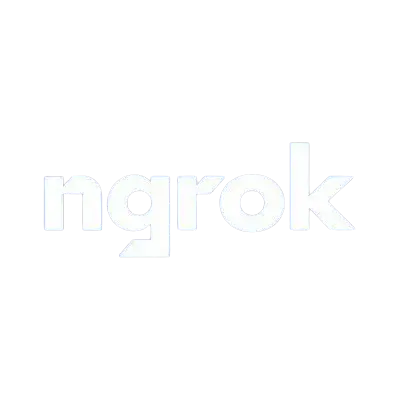
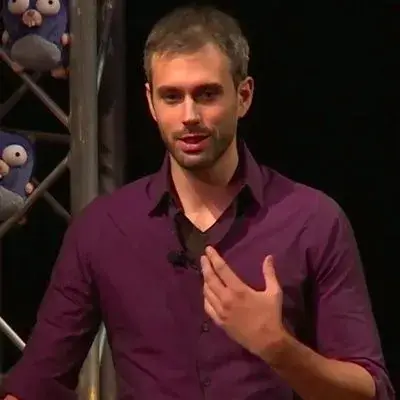
Alan Shreve
CEO and Founder of Ngrok
Alan Shreve, CEO and Founder of Ngrok: $50 Million Raised to Help Devs Deploy SItes, Services, and Apps
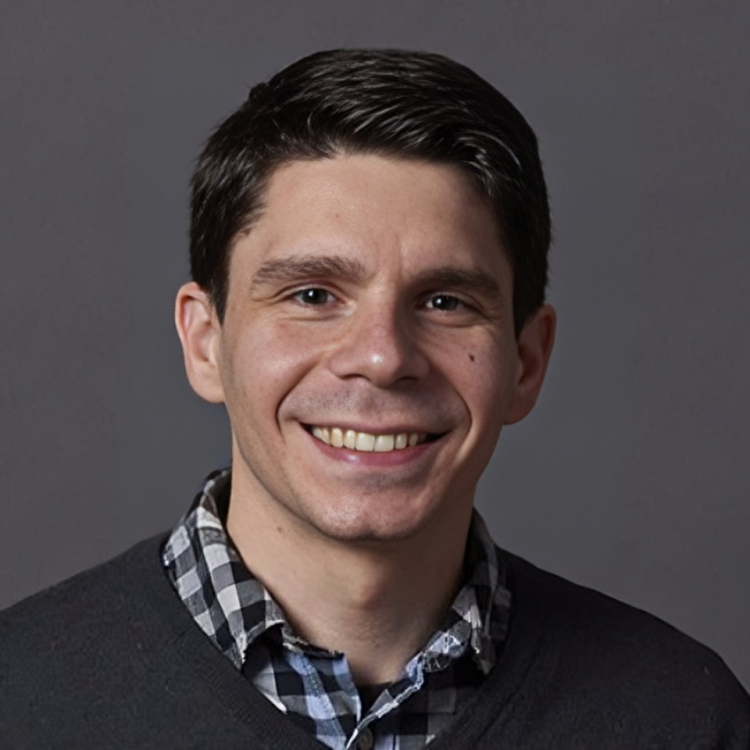
Jacob Moshenko
CEO & Co-Founder of Authzed
Jacob Moshenko, CEO & Co-Founder of Authzed: $15.9 Million Raised to Build the Future of Authorization Infrastructure

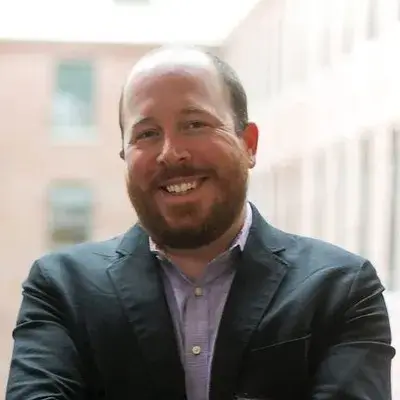
Liam Randall
CEO and Founder of Cosmonic
Liam Randall, CEO and Founder of Cosmonic: $8.5 Million Raised to Power the Future of WebAssembly

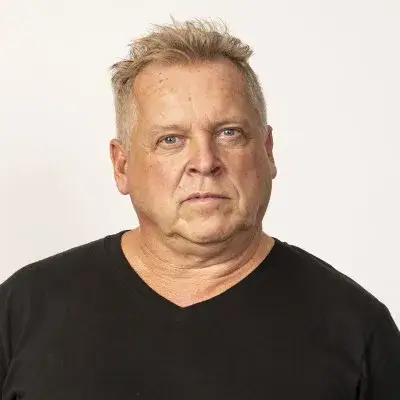
Lasse Andresen
CEO and Founder of IndyKite
Lasse Andresen, CEO and Founder of IndyKite: $10 Million Raised to Empower Teams to Move Beyond Legacy Identity and Access Management

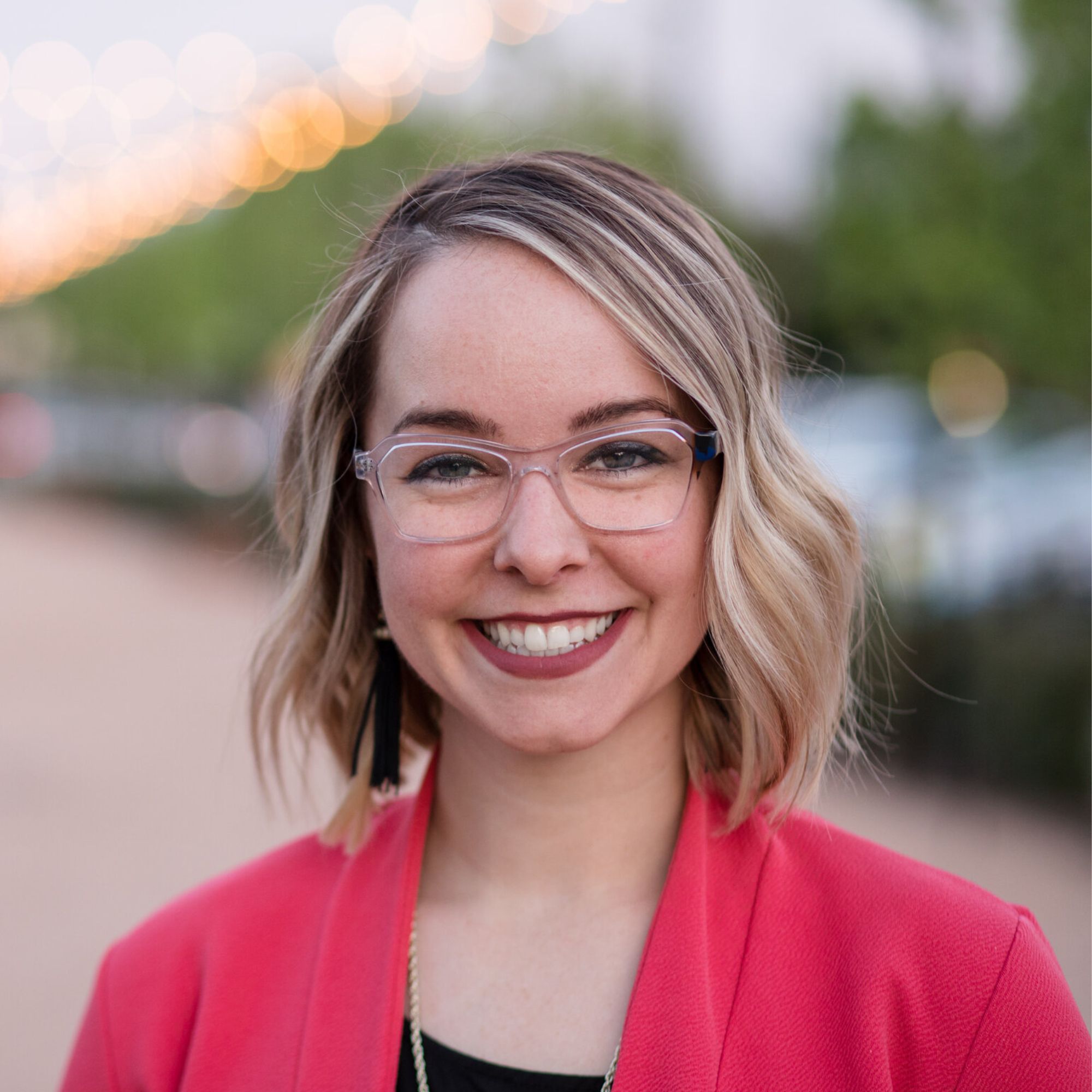
Holly Tate
CMO of Leadr
Holly Tate, CMO of Leadr: Building the Future of People Development Platforms

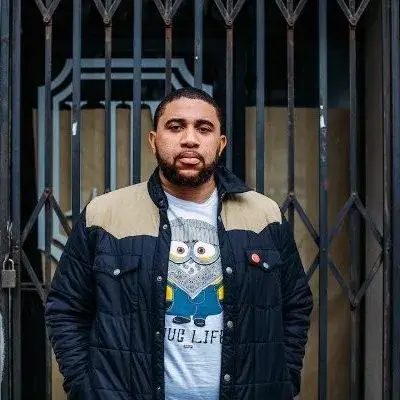
DeVaris Brown
CEO and Co-Founder of Meroxa
DeVaris Brown, CEO and Co-Founder of Meroxa: Over $19 Million Raised to Empower Engineering Teams with Better Stream Processing

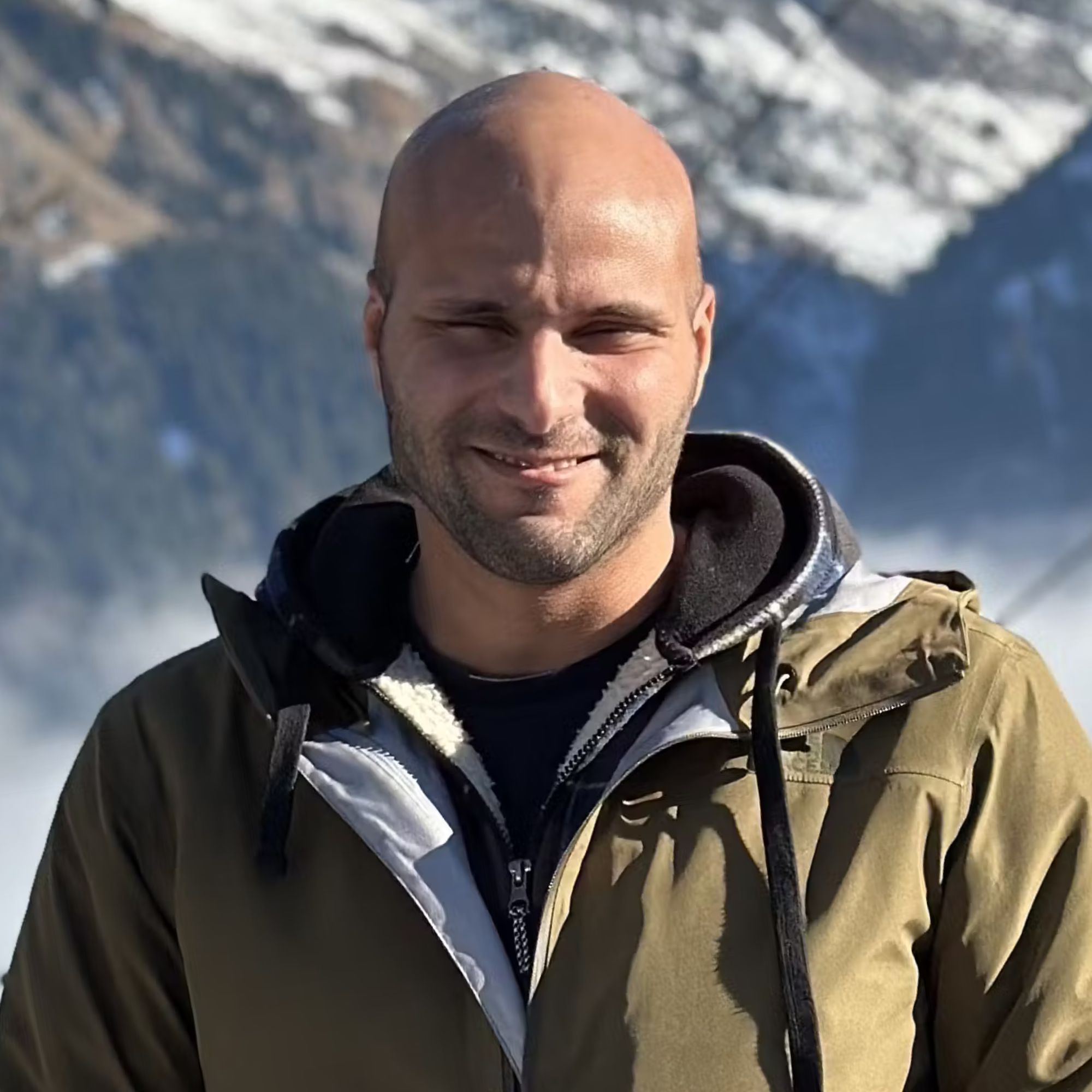
Romaric Philogene
CEO of Qovery
Romaric Philogene, CEO of Qovery: $4 Million Raised to Help You Deploy Your Apps on AWS in Seconds


Ravi Parikh
CEO and Co-Founder of Airplane
Ravi Parikh, CEO and Co-Founder of Airplane: Over $40 Million Raised to Build Better Developer Infrastructure For Internal Tooling


Will Wilson
Co-Founder of Antithesis
Will Wilson, Co-Founder of Antithesis: $47 Million Raised to Build the Future of Autonomous Testing


Yingjun Wu
CEO and Co-Founder of RisingWave
Yingjun Wu, CEO and Co-Founder of RisingWave Labs: $40 Million Raised to Make Stream Processing Simple, Affordable, and Accessible

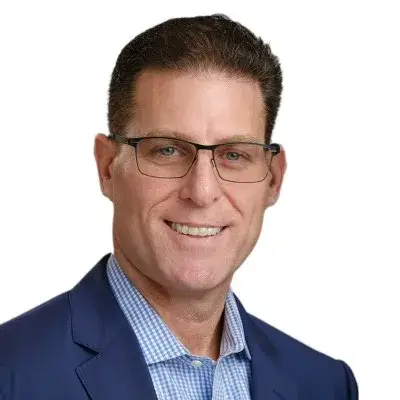
Joshua Aaron
CEO of Aiden
Joshua Aaron, CEO Aiden, $3 Million Raised to Build the Future of Software Packaging and Deployment

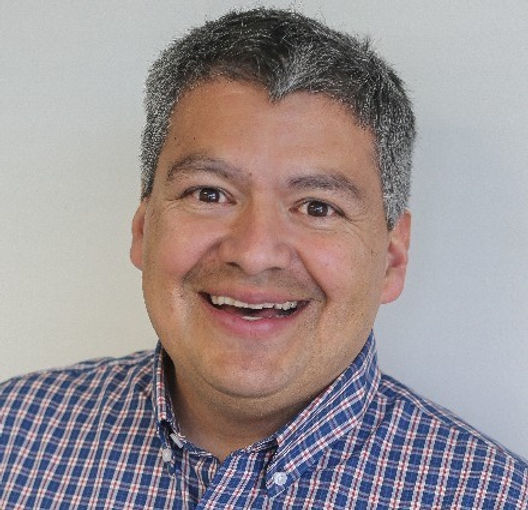
Tom Tovar
CEO and Co-Founder of AppDome
Tom Tovar, CEO and Co-Founder of AppDome: Over $26 Million Raised to Build the Future of Mobile App Security

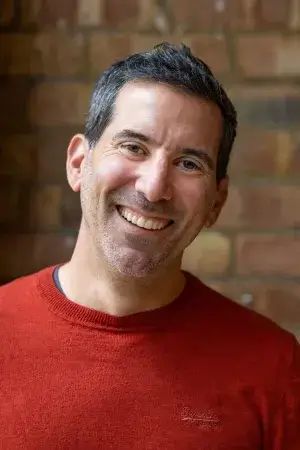
Matthew O’Riordan
CEO of Ably Realtime
Matthew O’Riordan, CEO of Ably Realtime: Over $82 Million Raised to Build the Future of Realtime Experience Infrastructure

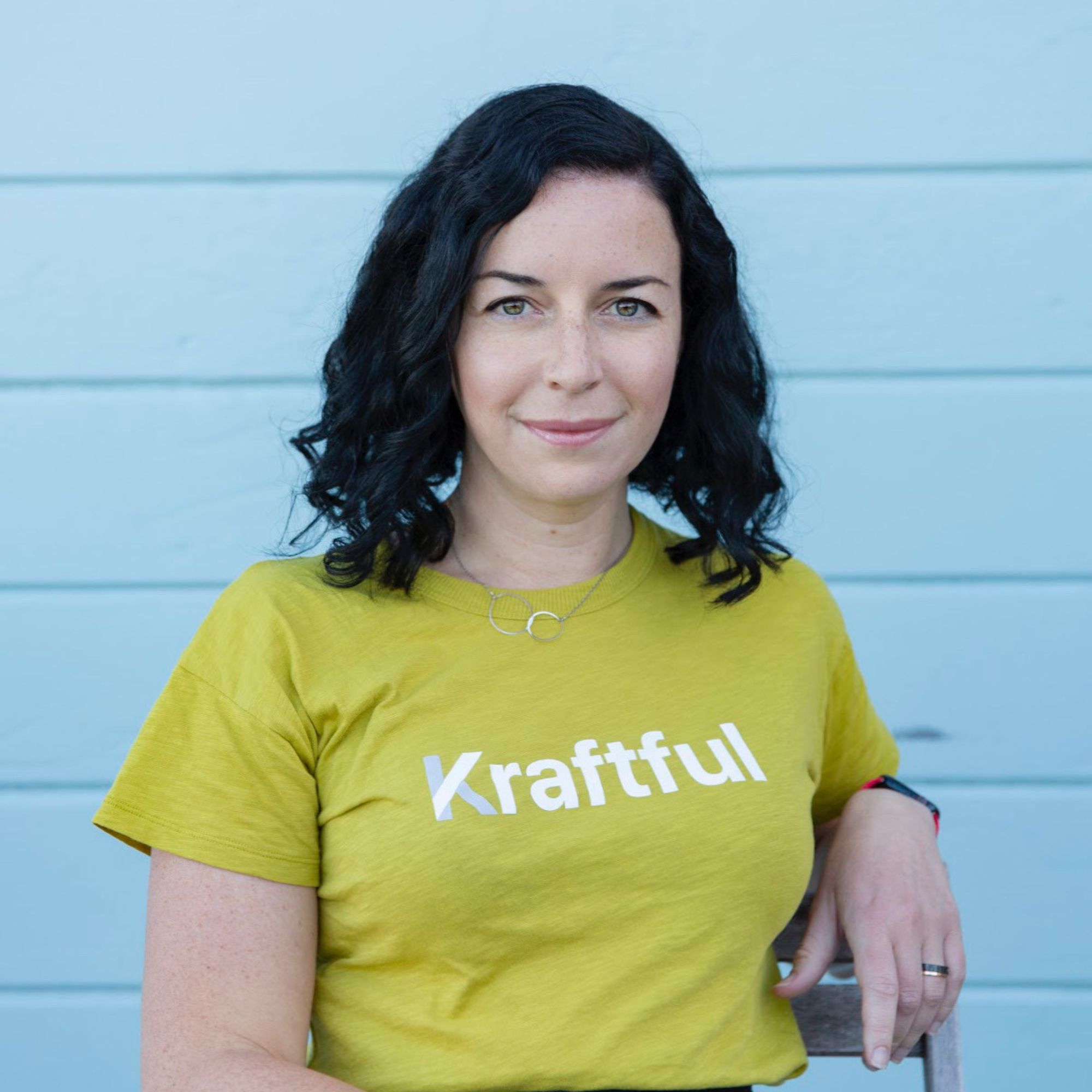
Yana Welinder
CEO and Founder of Kraftful
Yana Welinder, CEO and Founder of Kraftful: Over $3 Million Raised to Help Product Builders Create Better Products and Communities

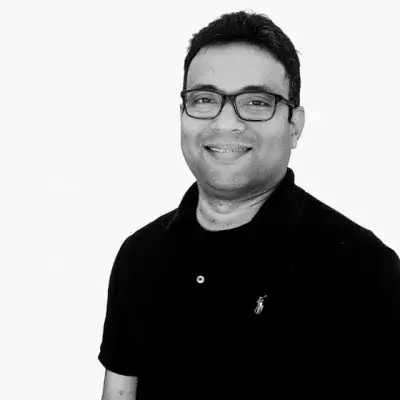
Suresh Mathew
Founder and CEO of Sedai
Suresh Mathew, Founder and CEO of Sedai: $18 Million Raised to Automate Cloud Management for Critical Decisions